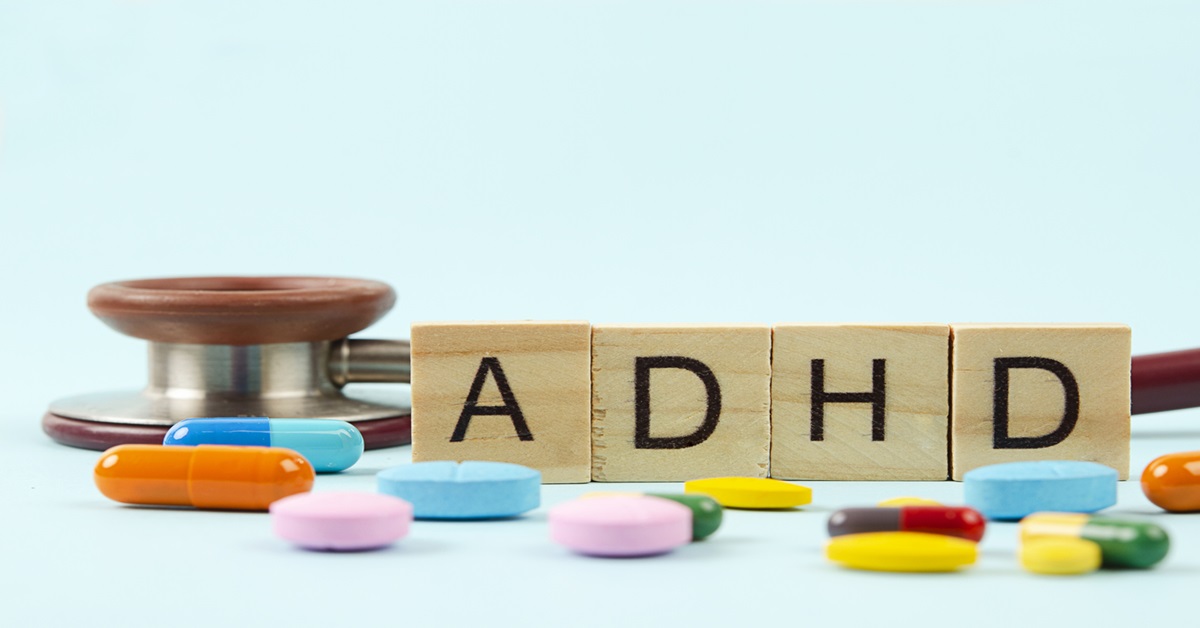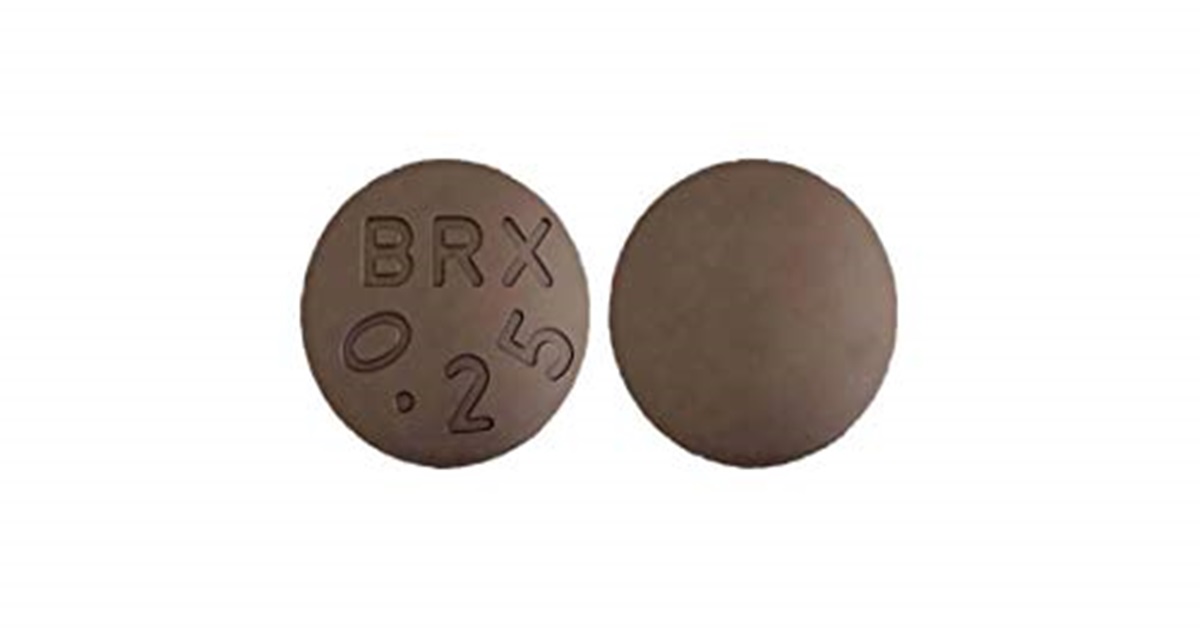Attention Deficit Hyperactivity Disorder (ADHD) is a common neurodevelopmental disorder that affects both children and adults. It manifests in symptoms such as inattention, hyperactivity, and impulsivity. Two of the most commonly prescribed medications for ADHD are Methylphenidate (commonly known by the brand name Ritalin) and Adderall. Understanding the differences, benefits, and potential side effects of these medications is crucial for patients and caregivers making treatment decisions. This article will compare Methylphenidate and Adderall, helping you make an informed choice about ADHD medication.
Understanding ADHD and Its Treatment Options
What is ADHD?
ADHD is characterized by a persistent pattern of inattention and/or hyperactivity-impulsivity that interferes with functioning or development. Symptoms typically appear before the age of 12 and can continue into adulthood, affecting academic, occupational, and social life. While behavioral therapy and lifestyle changes are important components of ADHD management, medications like Methylphenidate and Adderall are often prescribed to help control symptoms.
Why Medication?
Medications for ADHD, such as Methylphenidate and Adderall, primarily work by altering the levels of certain neurotransmitters in the brain, particularly dopamine and norepinephrine. These changes help improve attention and reduce hyperactive and impulsive behaviors.
Methylphenidate (Ritalin): An Overview
What is Methylphenidate?
Methylphenidate is a central nervous system (CNS) stimulant commonly prescribed under brand names such as Ritalin, Concerta, and Metadate. It is one of the most well-known medications for treating ADHD.
How Does Methylphenidate Work?
Methylphenidate works by blocking the reuptake of dopamine and norepinephrine in the brain, increasing their availability. This helps improve attention, focus, and impulse control in individuals with ADHD.
Benefits of Methylphenidate
- Efficacy: Numerous studies have shown that Methylphenidate is effective in improving ADHD symptoms in both children and adults.
- Variety of Forms: It is available in various forms, including immediate-release, extended-release, and sustained-release tablets, offering flexibility in dosing schedules.
- Shorter Half-Life: This can be beneficial for individuals who experience side effects, as the medication leaves the system relatively quickly.
Potential Side Effects of Methylphenidate
Like all medications, Methylphenidate can cause side effects. Common side effects include:
- Insomnia
- Decreased appetite
- Weight loss
- Anxiety
- Headaches
Adderall: An Overview
What is Adderall?
Adderall is a combination of amphetamine and dextroamphetamine, two central nervous system stimulants. It is widely prescribed for ADHD and narcolepsy.
How Does Adderall Work?
Adderall increases the levels of dopamine and norepinephrine in the brain, similar to Methylphenidate. This boost in neurotransmitter activity helps enhance focus, attention, and impulse control.
Benefits of Adderall
- Proven Effectiveness: Adderall is highly effective in managing ADHD symptoms in both children and adults.
- Longer Duration: The extended-release version of Adderall (Adderall XR) provides symptom relief for up to 12 hours, making it suitable for those needing all-day symptom control.
- Consistent Release: The extended-release capsules offer a consistent release of medication throughout the day, reducing the need for multiple doses.
Potential Side Effects of Adderall
Common side effects of Adderall include:
- Increased heart rate
- Insomnia
- Dry mouth
- Weight loss
- Anxiety
- Potential for misuse or dependency
Comparing Methylphenidate and Adderall
Efficacy
Both Methylphenidate and Adderall are effective in treating ADHD. The choice between the two often depends on individual response and tolerance to the medications. Some individuals may respond better to Methylphenidate, while others may find Adderall more effective.
Duration of Action
Methylphenidate typically has a shorter duration of action compared to Adderall. Immediate-release forms of Methylphenidate last about 3-4 hours, whereas extended-release forms can last 8-12 hours. Adderall XR, on the other hand, can provide symptom relief for up to 12 hours.
Side Effects
The side effect profiles of Methylphenidate and Adderall are similar, with both medications potentially causing insomnia, decreased appetite, and anxiety. However, individual experiences with side effects can vary. It’s essential to monitor and discuss any adverse effects with a healthcare provider to adjust the treatment plan accordingly.
Risk of Dependence
Both medications have a potential for misuse and dependency, particularly among individuals without ADHD. It’s crucial to use these medications strictly as prescribed and under the supervision of a healthcare provider.
Conclusion: Making the Right Choice
Choosing between Methylphenidate (Ritalin) and Adderall for ADHD treatment requires careful consideration of several factors, including efficacy, duration of action, side effects, and personal response to the medication. Consulting with a healthcare provider is essential to tailor the treatment plan to the individual’s specific needs and circumstances. With proper management, both Methylphenidate and Adderall can significantly improve the quality of life for those living with ADHD.










